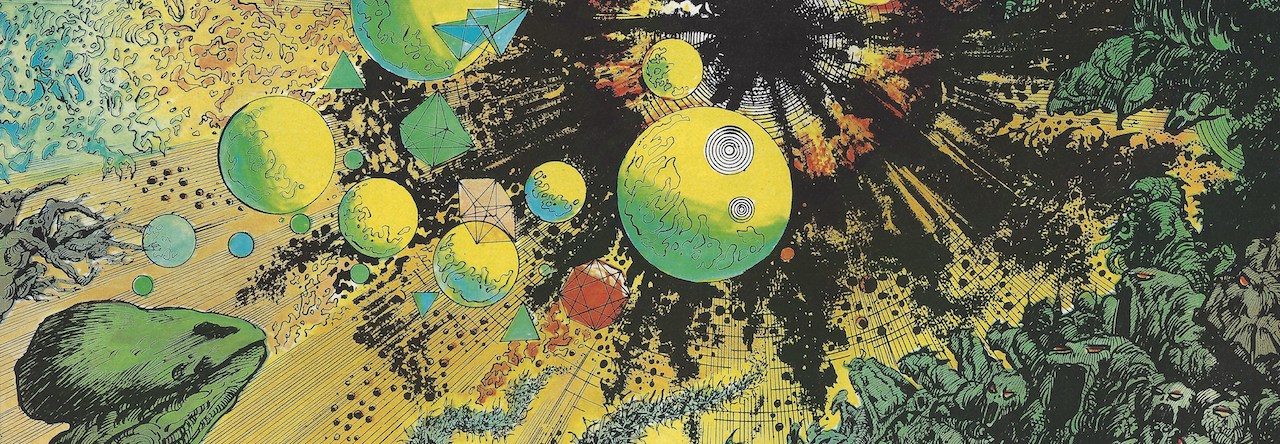I tried very hard to read The Book of Genesis, Illustrated by R. Crumb (Norton, $24.95, 2009), but after a few dozen pages resorted to simply skimming the text and lingering over the best of Crumb’s always amazing artwork.
But, frankly, scripture has never been anything I’ve enjoyed reading. And in this case, with what seems like pages of biblical figures “begating” a new generation, it’s a real disappointment for Crumb not to portray that one activity he draws so well!
The literal approach ends up feeling more like an exercise for Crumb — it’s not really clear from his introduction or the book itself what, if anything, he was trying to add to these tales — than anything that could hold the interest of anyone but a die-hard fan. Which, in an odd way, means the Book of Genesis has a lot in common with most superhero comics.




